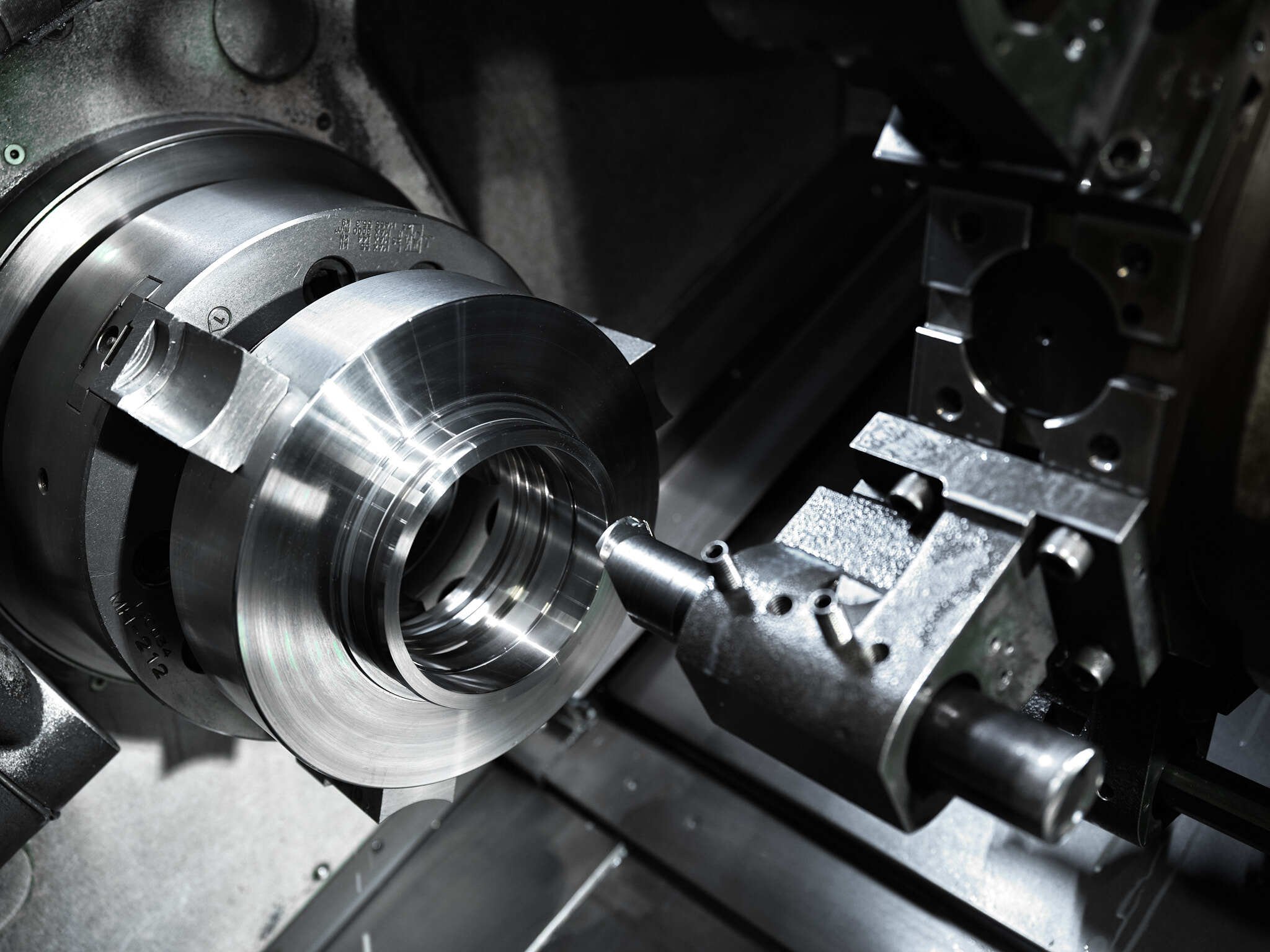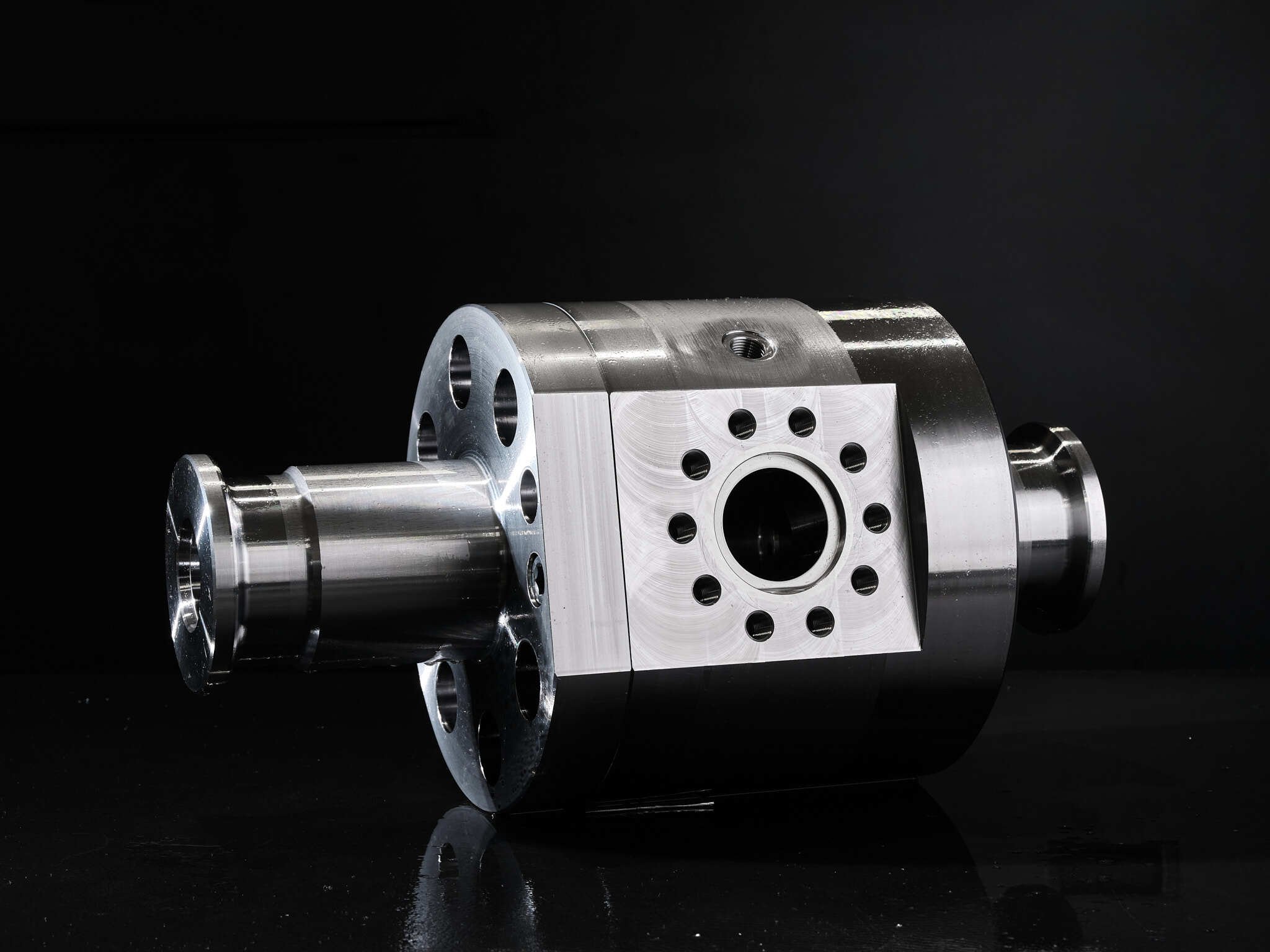Superalloys in industrial applications: benefits, machining challenges, and what to expect from your supplier
In many industrial sectors — from oil & gas to automotive, hydraulics, and precision tapware — choosing the right material often marks the fine line between success and failure. Among the most in-demand materials for high-risk and high-performance applications are superalloys: advanced metallic alloys engineered to perform where traditional steels and alloys fall short.
But what makes them so special? And, more importantly, what should you expect from a supplier who claims to master their machining?
Why superalloys are in high demand
Superalloys — typically based on nickel, cobalt, or iron — are designed with one goal in mind: maintaining outstanding mechanical and chemical performance even under extreme conditions.
Their key advantages include:
-
High mechanical strength at elevated temperatures: they retain structural integrity even above 600–700°C, typical in turbines or automotive exhaust systems.
-
Corrosion and oxidation resistance: saline, acidic, or chemically aggressive environments do not compromise component durability.
-
Long-term stability: they resist fatigue, creep, and deformation even under continuous stress.
These characteristics explain why materials such as Inconel®, Hastelloy®, and Nimonic® have become essential in environments where safety and reliability are not optional — they are absolute requirements.

Industries where superalloys make the difference
- Oil & Gas: valves, fittings, pipes, and seals must withstand corrosive fluids and extreme pressures.
- Automotive: in high-performance engines and exhaust systems, superalloys ensure durability and dimensional stability.
- Hydraulics: components exposed to high pressures rely on these alloys to prevent sudden failures.
Machining superalloys: a challenge for experts only
One of the main reasons superalloys are not for every supplier is their complex machining process.
-
CNC Turning and Milling: their hardness and low thermal conductivity challenge both tools and machines. Advanced multi-turret lathes, high-performance machining centers, and optimized cutting strategies are essential.
-
Surface Finishing: surface quality directly affects sealing performance and resistance.
-
Rigorous Quality Control: microcracks or invisible defects can compromise entire systems.
In short, having the right machines is not enough — it takes specialized expertise, consolidated processes, and hands-on experience.

What to expect from a superalloy components supplier
When choosing a partner for the supply of precision parts or components in superalloys, several key aspects should be considered:
-
Proven experience with complex alloys: machining steel or brass is not comparable to machining Inconel® or Hastelloy®.
-
Advanced technology: multi-axis CNC machines, vertical and horizontal machining centers, efficient cooling systems, and dedicated tooling.
-
Certified quality control: each batch must meet the highest standards — in these sectors, errors are simply not an option.
-
Technical support: a true partner not only delivers components but also assists in choosing the best materials and geometries.
-
Production flexibility: capability to manage both small prototype batches and large-scale production.
For purchasing managers and business leaders, this means fewer but more qualified suppliers, lower risks, and higher competitiveness.
The strategic value of superalloys
Investing in components made from superalloys is not just a technical choice — it’s a strategic decision. It means ensuring reliability, safety, and long-term performance for your systems and products, with measurable returns in efficiency and reduced indirect costs.
This is where the difference lies between a generic supplier and a technological partner — someone who understands materials, masters machining, and guarantees uncompromising quality control.
Superalloys represent both the present and the future of many industrial sectors. For those responsible for procurement decisions, distinguishing between a generic supplier and a specialized partner is crucial. It’s not just about purchasing components — it’s about ensuring production continuity and long-term competitiveness.
If you’re looking for a partner capable of handling even the most demanding challenges in superalloy machining, FOMA is ready to provide its experience, advanced technology, and technical expertise to turn your projects into reliable results.
Want to learn more about how we machine superalloys? Contact us to discover how we can support your production needs.